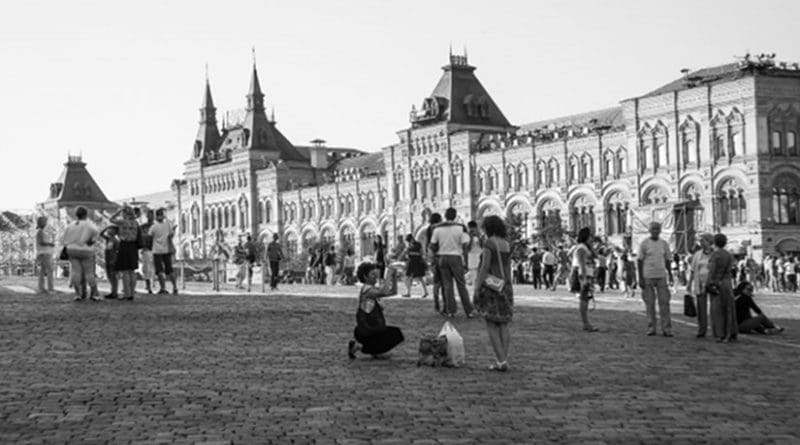Russians Have Become More Tolerant Of Anti-Social Behavior Since Soviet Times – OpEd
By Paul Goble
Over the last 30 years, Russians have become more tolerant of those who don’t pay their taxes, take bribes, use public transit without paying and illegally receive government benefits, according to a new study conducted by Anna Almakayeva and Olesay Volchenko of Moscow’s Higher School of Economics.
The two sociologists used data from the World Values Study that polled people in various countries, including Russia, in 1990, 1995, 2006, 2011, and 2017. Their full report is available at publications.hse.ru/articles/223131356. It is summarized today by Svetlana Saltanova at iq.hse.ru/news/225039321.html).
Almakayeva and Volchenko report that in 1990, 85 percent of Russians were extremely critical of those who took bribes; by 2017, only 58 percent were. In 1990, 65 percent did not approve of those who illegally received government subsidies; now only 36 percent of the sample don’t.
Similarly, they report, in 1990, 53 percent of Russians disapproved of those who didn’t pay their taxes; now only 36 percent take the same position. And while 52 percent were offended in 1990 by those who used public transport without paying, now only 24 percent say they are angry at those who don’t pay.
These trends show, Saltanova summarizes, that “residents of Russia over time have become more loyal to those who violate the law, including to bribery which is considered by them to be a more serious crime” than many others.
What is significant, the authors say, is that this trend has not been accompanied by a decline in the level of trust in the government and judicial system. “Over the last 20 years (from 1995) trust in these institutions has only increased.” Consequently, more positive attitudes toward those who violate the law is not the result of less respect for such institutions.
“This growth of tolerance” for those who violate society’s norms, Almakayeva and Volchenko say, “testifies to the fact that actions considered to be anti-social have become a behavioral norm,” something other Russians are far less inclined to condemn at least in specific cases than they were.
The authors also drew three other conclusions about Russian attitudes over this period:
- “Between 1990 and 2006, the number of citizens in Russia who signed petitions or were prepared to do so fell” to only eight percent and 23 percent respectively but have since risen to 13 and 31 percent.
- Russians throughout the period seldom joined NGOs. In 1990, only 10 percent said they had, a figure that has grown only to 16 percent at the present time.
- Over this period, friends have become more important for Russians, while trust in acquaintances and the majority of people has fallen. Attitudes toward family members remained stable and positive throughout the period.

